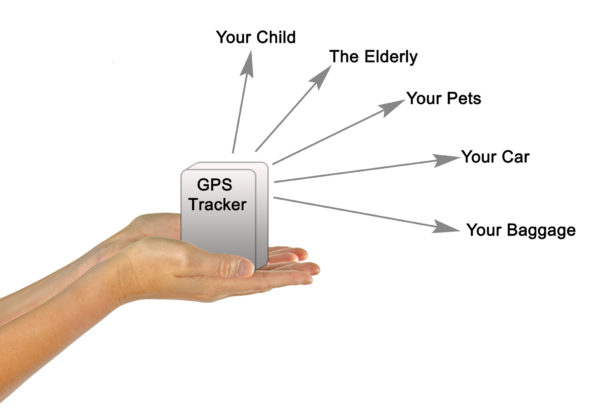You know how you’re always losing stuff like your keys, turning your things upside down, and losing your mind while trying to find them?
Well, you’re not alone. It happens to so many of us that smart trackers have been invented to solve the problem! Let’s find out what these nifty little search parties are and how they can help put an end to the never-ending missing key scenario.
What are smart trackers?
Just as the name suggests, smart trackers are devices that help you find the things you’ve lost. They are small and can attach, stick, or hook up to your personal belongings. They help you find things by connecting to an app on your phone. The smart tracker records the location of the object to which it is attached so you can see exactly where it’s located.
One of the best things about smart trackers is that they save you tons of time and energy manually looking for a lost item. No scratching your head saying, “I know I left my keys here!”
Most trackers are divided into two groups: GPS (Global Positioning System) trackers and Bluetooth trackers. We’ll take a look at both.
GPS trackers

GPS trackers are devices that monitor locations via satellites owned by the U.S. government and operated by the U.S. Space Force. They’re well known for providing directions to places. You can even use them to keep track of people like elderly relatives or young, new drivers.
GPS trackers modernize older technology. GPS technology has been around for several decades but became widely accessible in the mid-90s when a network of U.S. military satellites was opened for public use.
Since then, these trackers have been used in many ways, including in military exercises all over the globe, helping drivers navigate on their routes, and of course, smart tracking.
Bluetooth trackers

A Bluetooth tracker is a small gadget you can attach to items like keys to keep track of them. It makes use of Bluetooth Low Energy (aka BLE or Bluetooth 4.0) to wirelessly connect and exchange signals with your cell phone.
Unlike GPS tracking technology, Bluetooth tracking technology has been around for less than a decade. It started in 2012 with the ascent of Bluetooth Low Energy technology which made it possible to create Bluetooth trackers capable of powerful connections and lower power consumption.
This eventually led to the development of smaller, lighter trackers that you can easily carry around in your pockets, wallet, or attach to your keys.
Each Bluetooth tracker comes with a unique signature known only to its owner via its accompanying app. This enables the smart tracker and the app to recognize each other and stops strangers from tracking your item and locating it. The only way to break the protection is if the owner shares their signature or tracker with another user on the app.
Bluetooth trackers are relatively cheap and maintain a constant connection. They require very little power and are usually as small as a coin and as thin as a credit card.
Do you need a GPS tracker or a Bluetooth tracker?
GPS tracking technology provides location updates in real-time by way of third-party connections, while Bluetooth tracking technology uses your smartphone to locate the item to which it is attached. If you want to track something like a moving car, then a GPS tracker, though more expensive, is helpful. On the other hand, if you’re more worried about being able to find your wallet or keys at home before you head out the door, then a Bluetooth tracker is the perfect solution.
With XY Find It, you never have to lose your keys again
Are you always losing your keys, wallet, and phone? XY Find It is the coin-sized solution you’ve been waiting for. This Bluetooth-powered smart tracker is easy to set up, easy to use and starts finding stuff in seconds. Make your things impossible to lose with XY Find It.
What are your thoughts?
So, what are your thoughts on smart trackers? Comment them below, we’d love to know! Also, share this article with someone you know would find it interesting.

Ew wondrrful idea